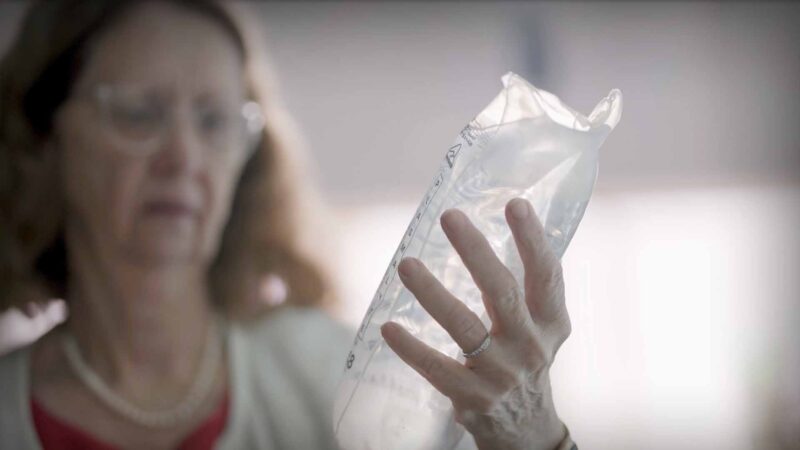NEXT GENERATION CONDOM CONTRACEPTION TO TACKLE SEXUALLY TRANSMITTED DISEASES & UNINTENDED PREGNANCIES
RESEARCHER PROFILE (Filmed October 2023)
Dr Simon Cook,
Executive Director, Operations
Eudaemon Technologies
Sydney, Australia
Dr. Simon Cook, Co-Founder and Executive Director of Operations at Eudaemon Technologies, has had a diverse and impactful career journey. Beginning with a background in biotechnology from the University of Wollongong, his focus on bacterial pathogenesis during his PhD led him to study Group A Strep and the streptokinase protein.
Subsequently, Dr. Cook ventured into a unique project funded by the Bill and Melinda Gates Foundation, where he became involved in the development of a next-generation condom to address existing issues such as feel, odour, and taste.
Motivated by the potential for significant social impact, Dr. Cook is dedicated to overcoming challenges and driving positive change in global health through his work at Eudaemon Technologies.
The innovative approach at Eudaemon Technologies involves replacing latex with tough hydrogel materials, offering a more skin-like feel with no odour, taste, or allergic reactions. Additionally, these materials have the potential to integrate small molecule drugs, presenting opportunities for enhanced user experience and additional protective measures against STIs.
Beyond his professional endeavours, Dr. Cook enjoys music, particularly playing the guitar, bass guitar, and drums. He also maintains an active lifestyle through sports including soccer and squash.
You Might also like
-
RESEARCH IMPACT SAHMRI, SOUTH AUSTRALIA (2023)
South Australian Health and Medical Research Institute, also known as SAHMRI has had significant impacts in various areas over the past ten years, and this year is celebrating its 10 year anniversary with a week of events.
Ahead of the anniversary, Executive Director, Professor Maria Makrides spoke to Bench Side Story about 3 achievements in the past 10 years that have had significant impact
-
World-first clinical trial improves patient outcomes for kidney transplants (2023)
A world-first clinical trial conducted at the Royal Adelaide Hospital (RAH) and at hospitals across Australia and New Zealand has identified the best fluid treatment to reduce the risk of patients requiring dialysis after a kidney transplant.
Around one in three people who receive a kidney transplant suffer delayed graft function, which means the transplant doesn’t work immediately and they require dialysis.
The lead-author of the study, was Royal Adelaide Hospital Nephrologist and University of Adelaide researcher, Dr Michael Collins.
-
Seeking discoveries in earlier bowel cancer detection
Associate Professor Susan Woods is a cancer research focused on eradicating bowel cancer through earlier detection and investigating the DNA related from colorectal cancer cells. She leads the Gut Cancer Research Group at the University of Adelaide and SAHMRI and with her team is researching new treatments for advanced disease.



